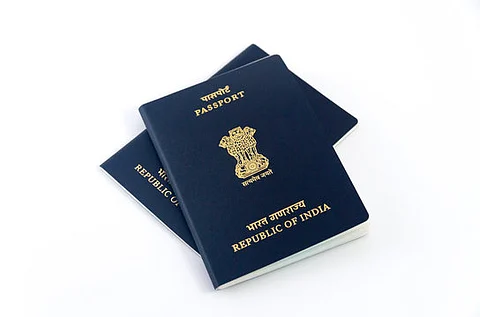

The Indian e-passport has been introduced. It aims to enhance data security and prevent duplication of passport holders’ information. According to the Ministry of External Affairs, the e-passport initiative was launched last year as a pilot programme alongside the Passport Seva Programme (PSP) Version 2.0.
An e-passport is a combination of a traditional paper passport and an electronic one. It contains a Radio Frequency Identification (RFID) chip and an antenna embedded within the passport cover. This chip securely stores the passport holder’s personal and biometric information.
One of the key benefits of an e-passport is enhanced data security. In addition to the printed information, the e-passport includes a digitally signed electronic chip that can be securely authenticated by immigration officials worldwide. This significantly reduces the chances of forgery and identity theft.
The dual presence of printed data and a digitally signed chip provides an added layer of protection against fraudulent activities such as the creation of fake or duplicate passports.
An e-passport can be recognised by a small gold-coloured symbol printed below the word 'Passport' on the front cover.
An e-passport can be recognised by a small gold-coloured symbol printed below the word 'Passport' on the front cover. The data stored on the e-passport chip is protected using a Public Key Infrastructure (PKI) solution, which ensures the security and integrity of the holder’s personal and biometric information.
Currently, regional passport offices in Nagpur, Bhubaneswar, Jammu, Goa, Shimla, Raipur, Amritsar, Jaipur, Chennai, Hyderabad, Surat and Ranchi are authorised to issue e-passports. The government plans to expand this facility to more locations in the future.
No, existing passport holders are not required to replace their current passports with an e-passport. All valid passports will remain valid until their expiry date.
(By arrangement with liveimint.com)